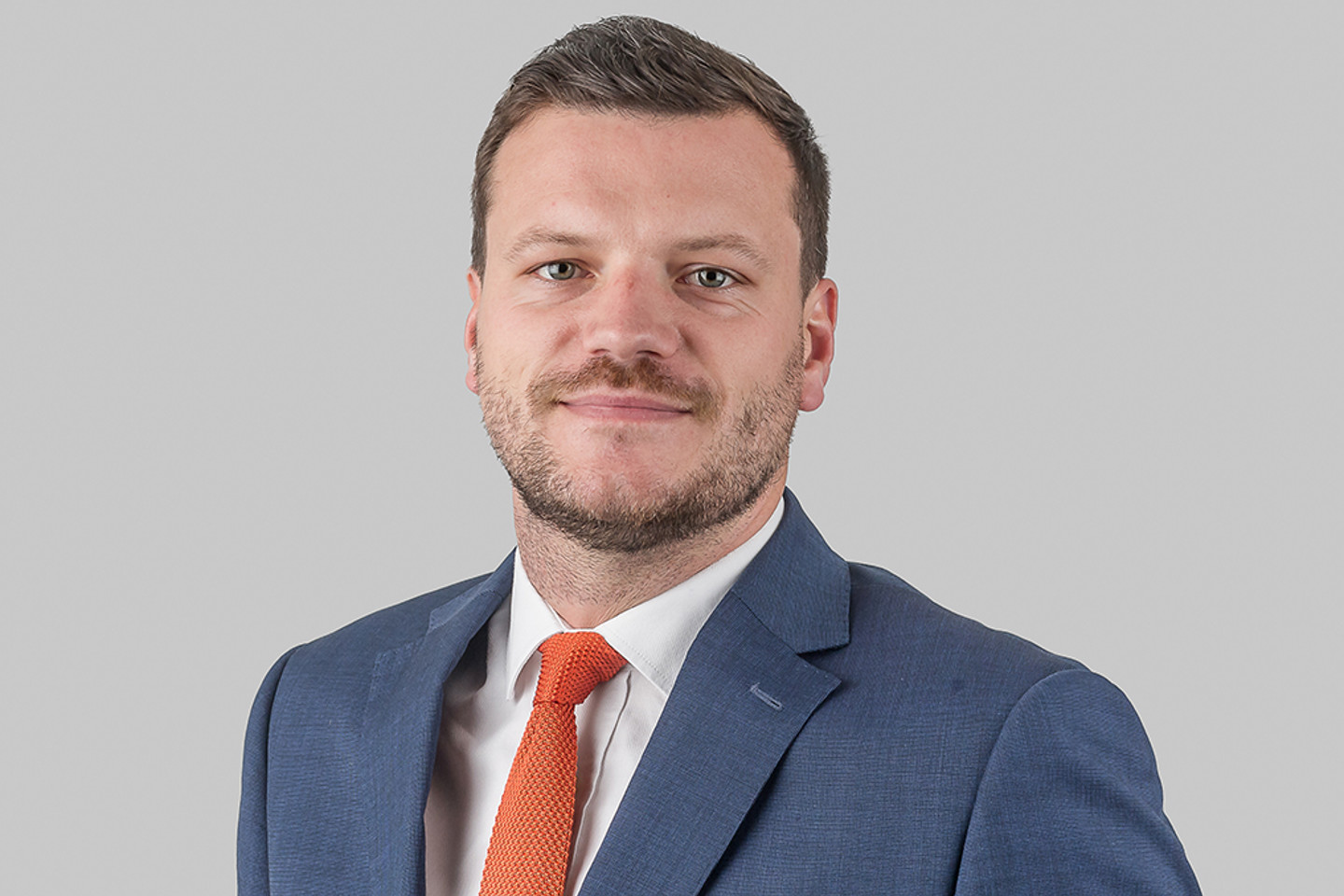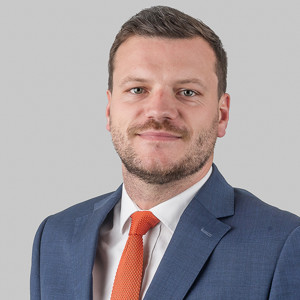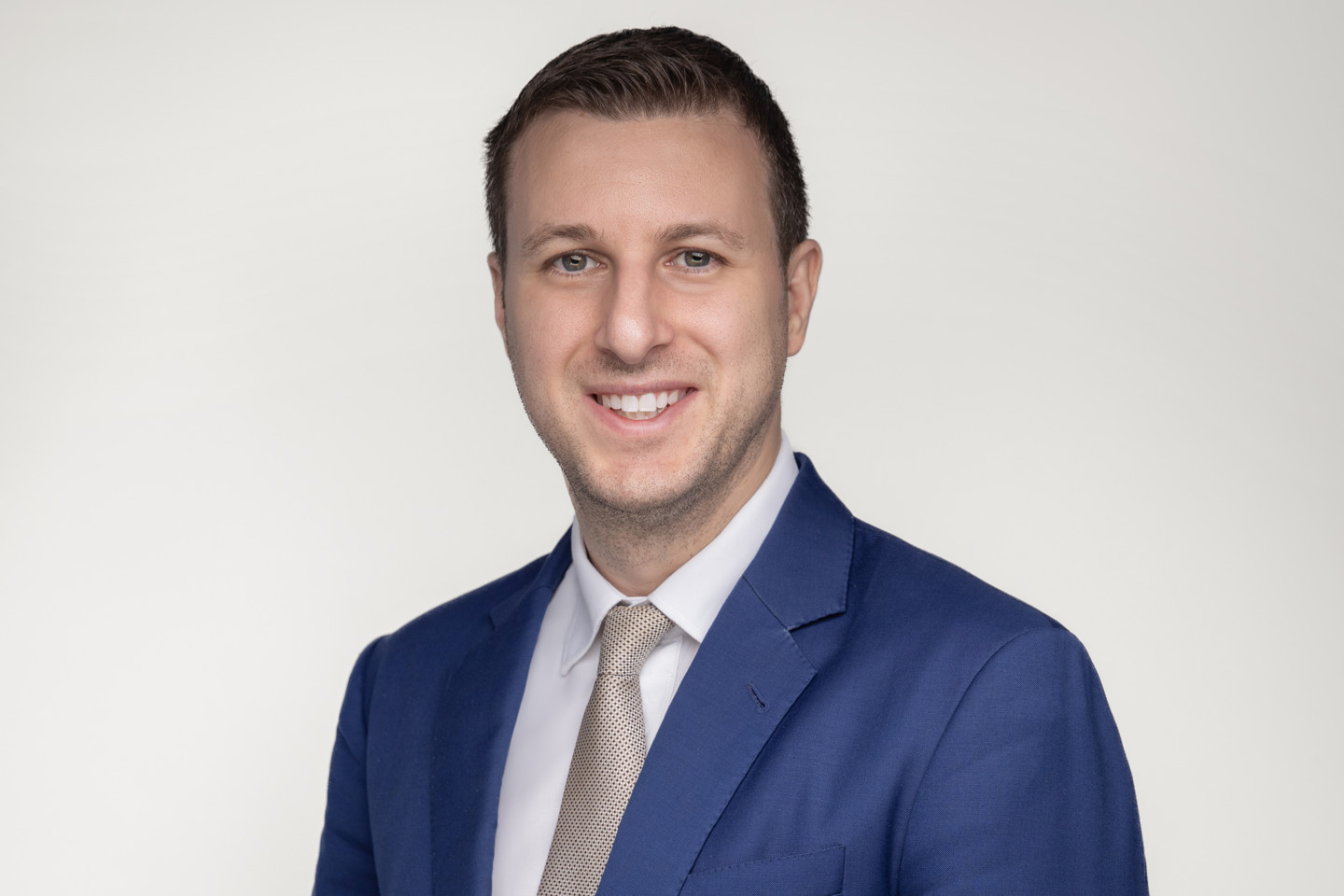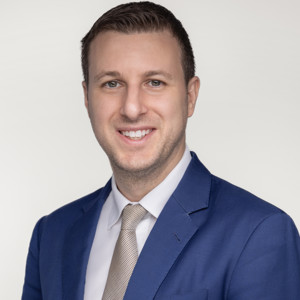
Samuel Dustow
Associate Director | Corporate and Fiduciary
Jersey

Samuel Dustow
Associate Director
Jersey
No Content Set
Exception:
Website.Models.ViewModels.Components.General.Banners.BannerComponentVm
As the Middle East's ultra-high-net-worth individuals encounter unprecedented growth in personal wealth, there is a notable shift towards the professionalisation and institutionalisation of family offices.
In this snapshot Samuel Dustow, an associate director in Ogier Global's Private Wealth team in Jersey, delves into the complexities and nuances of this transition, underscoring how these offices are expanding beyond traditional asset management to embrace structured, institutional approaches.
Family offices in the GCC are going through a period of intense growth and professionalisation. Recent reports indicate that the Middle East is home to nearly 6,000 ultra-high-net-worth (UNHW) individuals with a combined net worth of approximately $995 billion, with the figures only set to increase. Such astronomical wealth is inevitably leading into increased structuring demonstrated clearly by a significant rise in the number of family offices in the region.
In years gone by a family office, which of course can take many forms, could consist of an account and an investment professional managing a wealth family's assets for future generations. Now the family offices we see are institutional in nature, with top tier talent attracted from leading law firms, Big Four accountancy firms, investment banks amongst others. Family offices are used to facilitate the great wealth transfer to future generations and have grown into dynastic institutions for the historic and wealth families in the region. Family offices have begun to establish more sophisticated investment vehicles such as pooled investment companies (PCCs and ICCs), or Jersey Private Funds to facilitate streamlined, institutional style investment.
Being organised as a truly professional and institutional firm also helps with investment activity. Family offices are able to gain access to investments that others cannot based on their institutional power, wealth and structuring. A formal, professional family office will also successfully diversify family holdings away from the family business, into a truly diversified portfolio of assets including, but not limited to exposure to real estate, private markets and an increasing interest in private equity.
In addition, much of the structuring also allows Family Offices to not only attract top talent, but retain and incentivise staff via various methods, such as the offer of carried interested, deferred compensation schemes or long-term incentive plans. This is integral to the long-term success of the family office and will allow family offices to genuinely compete with larger institutions, such as private banks, for key talent.
Many families in the region have amassed enormous fortunes in a relatively short period of time, say the last 50 or so years. Succession planning has, therefore, become a key topic in the Middle East as for many of the UHNW families this is the first generational wealth transfer they have encountered. As the wealth has typically been generated by family members who are still alive, an ageing patriarch for example, the concept of estate planning is a difficult subject to broach.
Reports suggest nearly $1 trillion is projected to be transferred generationally in the GCC by 2030 and recent changes in legislation regarding family businesses are seen to be helping the great wealth transfer. Second and third generation family members are tasked with driving the family's businesses, investments, modernisation and growth in the 21st century, and with the growing, diversified nature of family businesses and wealth, this presents a challenge.
The movement of wealth between generations often represents a pivotal moment in a family's history. Many families in the region are building dynastic structures with a variety of underlying businesses, philanthropic endeavours and projects. It is imperative that asset structuring is carefully considered, with experts in their field engaged from a structuring prospective.
The corporate M&A market in the Middle East is currently booming, with a report issued by EY noting 318 M&A deals completed during the first half of 2023 alone, with a combined value in excess of $43.8 billion. The landscape is typically dominated by Saudi Arabia, the UAE and Egypt. Sectors of interest and focus are tech and infrastructure, and whilst tech can be broken down into many subdivisions, there remains huge interest in food-tech, ed-tech and fintech opportunities. Many of these deals are backed by sovereign wealth funds or quasi-sovereign entities, including Saudi PIF, ADQ Mubadala, for example.
Such entities have deep resources to facilitate investment and these transactions lead to an immediate liquidity event for individuals and families. The increase in corporate deals has, therefore, caused a dramatic increase in private wealth and structuring required by families. Corporate transactions are creating significant pools of cash for families to diversify their holdings both inside and outside of the region.

Samuel Dustow
Associate Director | Corporate and Fiduciary
Jersey

Samuel Dustow
Associate Director
Jersey

Daniel Pacic
Managing Director, Dubai | Corporate and Fiduciary
Dubai

Daniel Pacic
Managing Director, Dubai
Dubai
Ogier is a professional services firm with the knowledge and expertise to handle the most demanding and complex transactions and provide expert, efficient and cost-effective services to all our clients. We regularly win awards for the quality of our client service, our work and our people.
This client briefing has been prepared for clients and professional associates of Ogier. The information and expressions of opinion which it contains are not intended to be a comprehensive study or to provide legal advice and should not be treated as a substitute for specific advice concerning individual situations.
Regulatory information can be found under Legal Notice
Sign up to receive updates and newsletters from us.
Sign up
No Content Set
Exception:
Website.Models.ViewModels.Blocks.SiteBlocks.CookiePolicySiteBlockVm